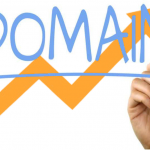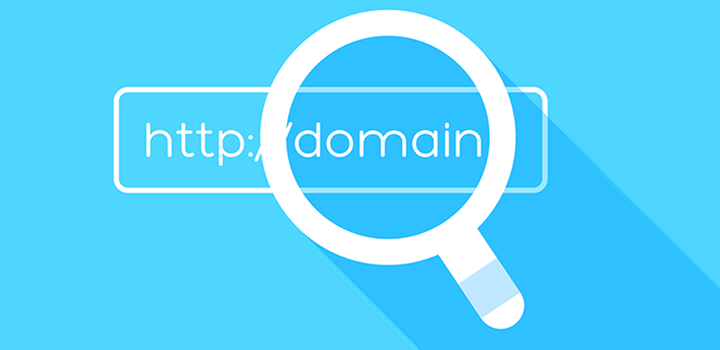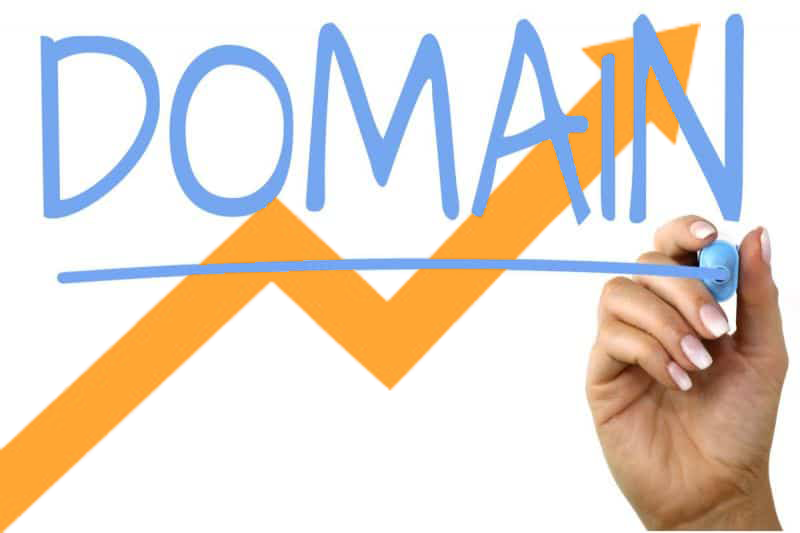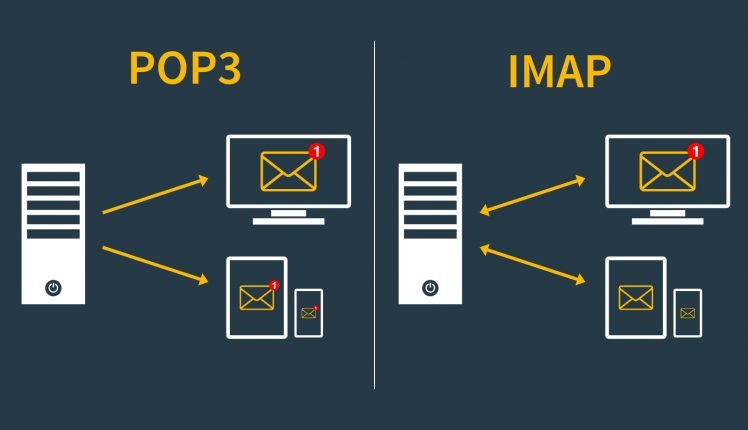Bei der Domainregistrierung müssen Sie einige Fragen stellen, um eine erfolgreiche Registrierung sicherzustellen. Im Folgenden finden Sie einige Grundlagen, die Sie beim Kauf Ihres Domainnamens für Unternehmen unterstützen.
Was ist ein Domainname?
Einige Leute sind immer noch verwirrt über den Unterschied zwischen URLs und Domainnamen. Mithilfe von Domains können sich Geschäftsinhaber online mit einem eindeutigen Namen etablieren. URLs hingegen sind die Adressen, die man einem Browser gibt.
Ein Domainname enthält eine Top-Level-Domain oder TLD, die sich am Ende befindet – wie z. B..com, .net und.org. Abgesehen von diesen gibt es eine Vielzahl von TLDs, einschließlich länderspezifischer Namen, und es werden ständig neue Domains eingeführt. Einige Beispiele sind .asia, .design, .info und mehr.
Was kostet die Registrierung?
Die Preise für Domains unterscheiden sich zwischen den Registraren. Sonderangebote und verschiedene Pakete, aus denen Sie auswählen können, wirken sich auf deren Preis aus. Stellen Sie sicher, dass Sie den besten Service für Ihre Bedürfnisse suchen. Vergleichen Sie die Preise und überprüfen Sie, was Sie bei jedem Einkauf erhalten, um sicherzustellen, dass Sie den besten Wert aus Ihren Transaktionen ziehen.
Wo kaufe ich einen Domainnamen?
Alle Registrare haben im Wesentlichen den gleichen Zugriff auf die Domains, die Sie benötigen, aber Service und Vorteile sind einige Dinge, die Sie genauer betrachten müssen.
Sollte ich mich nur für den günstigsten Preis entscheiden?
Niedrige Preise sind zwar sehr attraktiv, aber nicht unbedingt die einzigen Dinge, die Sie bei der Registrierung Ihrer Domain beachten sollten. Beachten Sie, dass viele Anbieter zwar sehr günstige Preise für eine einjährige Registrierung anbieten, es jedoch manchmal zu versteckten Gebühren kommen kann. Außerdem werden die Preise mit Add-Ons und nach dem ersten Jahr höher.
Ist Domain-Datenschutz notwendig?
Für die Registrierung einer Domain ist eine Whois.com-Liste erforderlich, eine Regel, die von ICANN (der Organisation, die für die Koordination der Wartung und der Verfahren der Internet-Namespaces verantwortlich ist) festgelegt wurde. Dort sind Ihre Kontaktdaten für die Öffentlichkeit sichtbar. Viele Spammer verwenden solche Verzeichnisse, um Listen von Personen zusammenzustellen, die mit Angeboten und Betrug angesprochen werden sollen, sodass Sie für Spam-E-Mails und Telefonanrufe anfällig sind.
Viele Domainanbieter bieten Datenschutzfunktionen an, bei denen anstelle Ihrer Kontaktinformationen ein Proxy aufgeführt wird, um Spam zu vermeiden. Wir empfehlen Ihnen, diesen Service zu nutzen, um sicherzustellen, dass Ihre privaten Daten online nicht leicht zu finden sind.
Was sind einige andere Dinge, die ich beachten muss?
Es ist sehr wichtig, dass Sie Ihre Domain erneuern, um zu vermeiden, dass sie von jemand anderem abgerufen wird. Viele Menschen vergessen, ihre Domains zu erneuern, und verlieren sie an andere, die entweder den Verkauf verweigern oder viel höhere Preise verlangen können. Dies führt zu Geschäftsverlusten und Kundenkontakt.
Sobald das Ablaufdatum abläuft, werden Sie benachrichtigt. Stellen Sie daher sicher, dass Sie Ihre Domain rechtzeitig erneuern. Verschiedene Registrare haben Richtlinien zu Kulanzfristen und Gebühren. Achten Sie also auch darauf.
Ich habe meine Domain registriert – wie geht es weiter?
Das Unternehmen, bei dem Sie sich registriert haben, bietet möglicherweise Webhosting-Dienste an. Überprüfen Sie daher, ob es das enthält, was Sie für Ihre Website benötigen.
Wenn Ihr Domain-Anbieter kein Webhosting anbietet, können Sie es woanders nutzen.
Der gleiche Rat gilt für den Website Builder, über den Sie Ihre Website erstellen können.
Diese Top-Fragen dazu Domain registrieren Namen und ihre Antworten helfen Ihnen bei Ihrer eigenen Registrierungsreise. Denken Sie daran, dass es am wichtigsten ist, einen Registrar zu finden, der genau zu dem passt, was Sie suchen, und Sie sind bereit.































